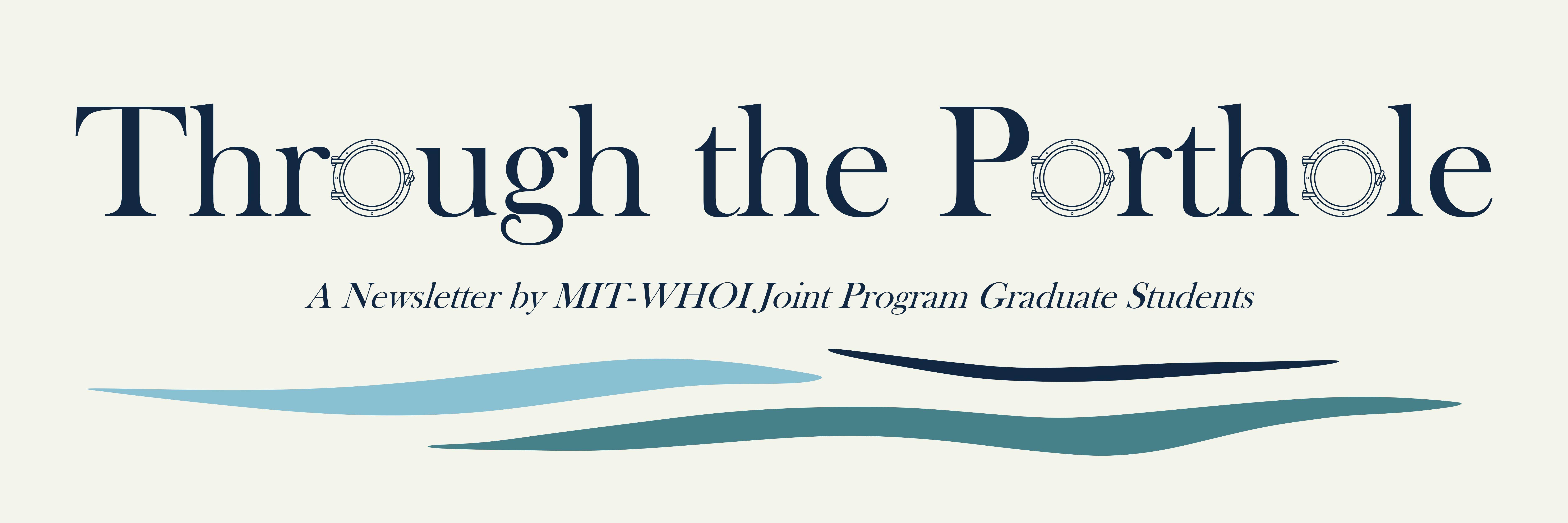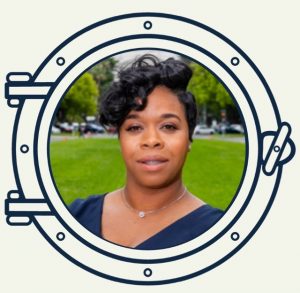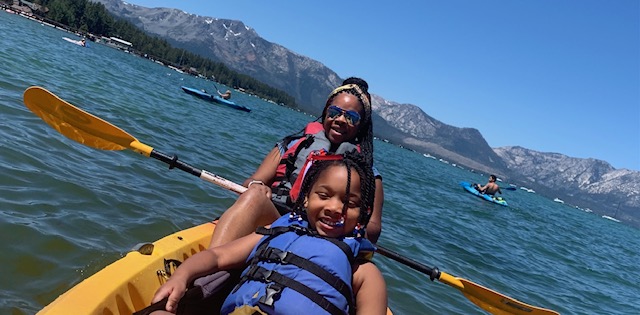

Charting a New Course: Melanie Harrison Okoro
This profile is part of our series celebrating contemporary Black geoscientists in honor of Black History Month. Learn more here.
Dr. Okoro is an environmental scientist who currently works in the fields of water management and environmental stewardship, as well as acting as an advocate for increasing diversity and inclusion in STEM fields. After working for several years at the National Oceanic and Atmospheric Administration (NOAA) in Sacramento, Okoro struck out on her own to found Eco-Alpha Environmental and Engineering Services, a consulting firm based in Sacramento that navigates environmental protection concerns and regulations for public and private projects.
Okoro studied biology as an undergraduate at Johnson C. Smith University, then completed her PhD in environmental science at the University of Maryland Baltimore County in 2011. Her scientific research has focused on nutrient pollution, especially with regard to the nitrogen cycle. She has investigated risks of nitrogen pollution in Chesapeake Bay from septic systems in the Baltimore area and removal processes for nitrogen from urban streams and wetlands, such as denitrification.
Working on the water has always been a part of Okoro’s life. In a 2014 NPR interview, “Fisherwoman,” Okoro describes growing up in Tuskegee, Alabama, with a great grandmother who taught her how to fish on local lakes. Those experiences shaped her interest in environmental science and motivated her later work at NOAA: “Fish and water have never been more important, particularly in Northern California where many agencies and organizations work together to better manage our water resources and save our fish, such as Coho salmon, from the brink of extinction”. Okoro credits her great grandmother as the inspiration for her work in environmental science: “Just like my great grandmother, I know the future generation can be whatever they want to be; even a fisherwoman”. You can listen to the full interview here.
We asked Okoro what she would say to undergraduate STEM students interested in the geosciences. She noted the importance of science communication: “It has been said that scientists aren’t as good as we should be in our ability to broadly communicate science and impacts to others. Perhaps use your training in the geosciences to educate others who do not subscribe to traditional scholarly media. Imagine how different the field would be, in fact, that we are communicating the value and importance of science to all in our daily lives and not a select few; imagine how different the world might be.”

Dr. Okoro kayaking with her daughter Olivia on Lake Tahoe
Read more of Through the Porthole Issue #1
Learn more about Through the Porthole
Learn more about the MIT-WHOI Joint Program